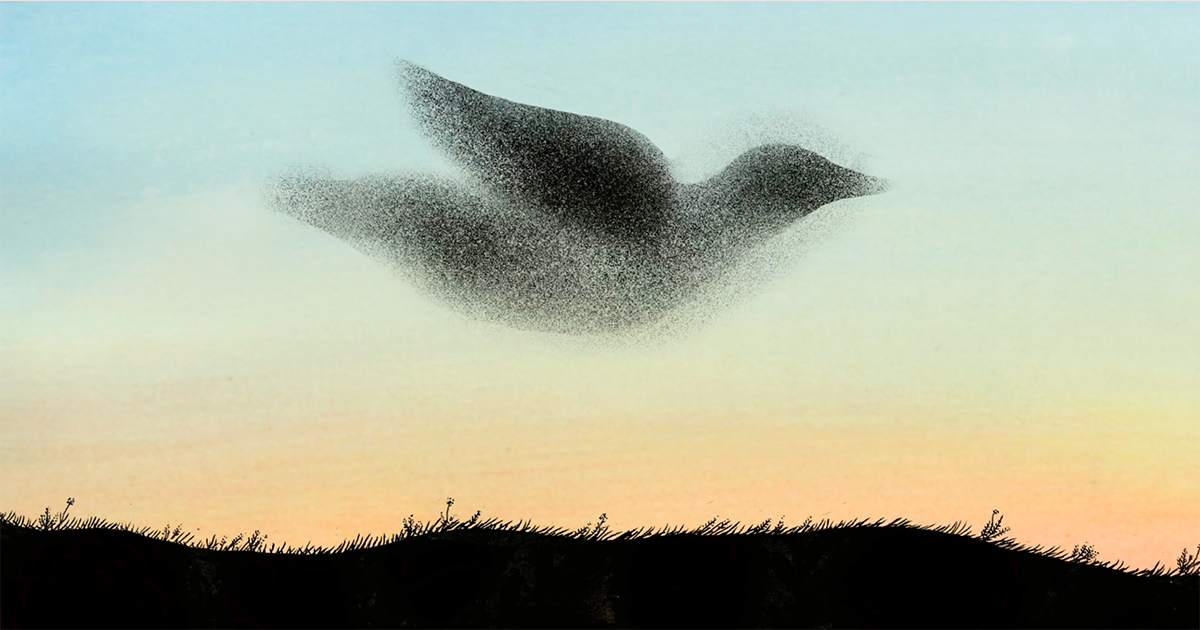The Science & Process of Healing from Grief
hubermanlab.comSaved by Mo Shafieeha
The Science & Process of Healing from Grief
Saved by Mo Shafieeha
As you remember these experiences, notice how you feel on a visceral level. A cognitive recounting will not suffice, unless it is connected strongly to a bodily feeling, because your memories were stored in your body on a cellular level. The challenge is to find the accurate sense of feeling but not necessarily a storyline. Truly grieving involves
... See moreevanovich added
Imi lo FTW

Yufa added
of the most, if not the most, enduring. In a study7 of diaries written over many years’ time, Paul C. Rosenblatt, Ph.D., found that people may recover from the worst of their soul-grief in the first year or two after a tragedy, depending on a person’s support systems and so forth. But afterward, the person continues to experience periods of active
... See moreStep 5: Give Yourself Time Every time you suffer an injury to your emotions, you’ll go through the whole grieving process: denial, anger, grief, acceptance. Actually, it’s more like denial, anger, grief, anger, denial, grief, anger, grief, more grief, absolutely blistering anger, denial … and so on. Although “acceptance” does come along eventually,
... See moreTake time to grieve in a way that feels right to you. In the middle of deepest, earliest grief, sometimes you will be joyous, and sometimes you will not be thinking about the one whom you have lost. It ebbs and flows, loses some of its power over time, but never disappears entirely. No matter what, honor your memories and your inclinations.
There is a wide range of emotions associated with grief, not just sadness and despair. We may become aware of a feeling of loneliness, for example, and, rather than deny, distract from, or repress the feeling, we pause and stay with it because we see it. Seeing it, we are awake and self-aware even amid the ache and unease.
Yufa and added